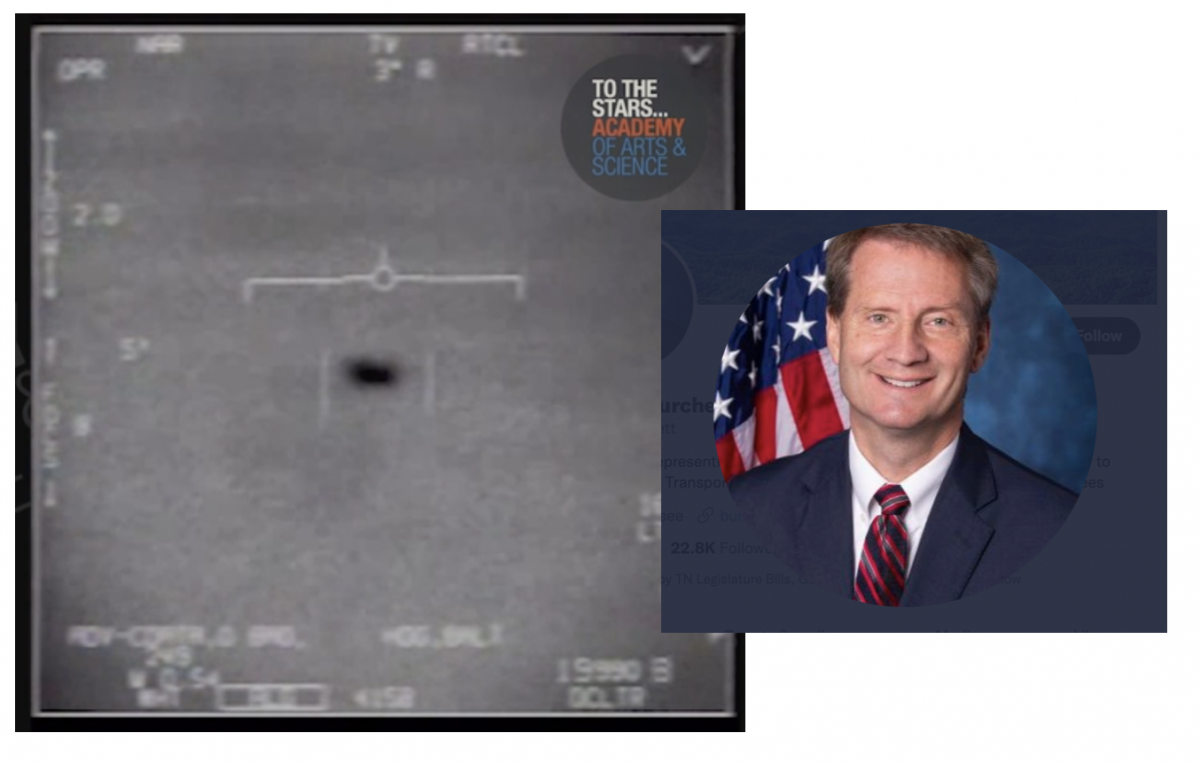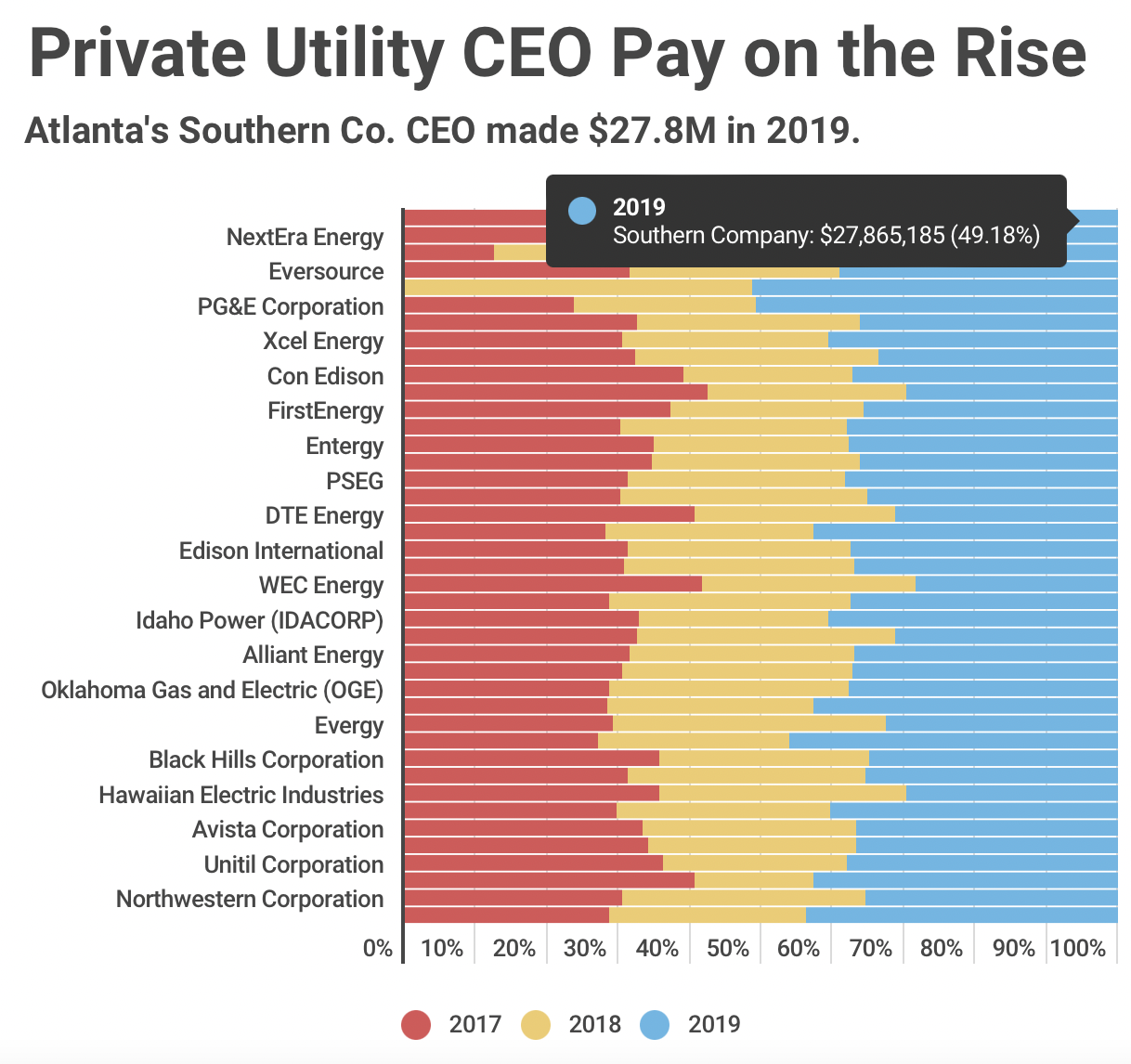As of the 4th of July weekend, there was no significant change in the prospective lineup for next year’s race for governor to succeed the term-limited Republican incumbent Bill Haslam.
The two definite Republican entries — former state Economic Development Commissioner Randy Boyd and Nashville businessman Bill Lee — are still the only formally declared candidates on the Republican side. Fourth District U.S. Representative Diane Black, state House Speaker Beth Harwell, and State Senate Majority Leader Mark Norris of Collierville are still the main GOP figures on the maybe list. (Norris also remains one of the serious maybes to fill a vacant federal judgeship.)
Former Nashville mayor Karl Dean is the only Democrat to have made a 2018 governor’s race official, but state House Democratic Leader Craig Fitzhugh of Ripley is considered a likely candidate, as well.
All that is same-old, same-old. Where there is renewed speculation on the statewide political scene is in regard to the U.S. Senate seat now held by Republican Bob Corker. The Senator is chairman of the influential Senate Foreign Affairs Committee and is also an important and active member of the Senate’s Banking and Budget committees.
Since his election in 2006 in a close race with Democratic nominee Harold Ford Jr., Corker has steadily become one of the more prominent GOP voices in Congress. In 2016, he was seriously considered by then-candidate Donald Trump as a possible vice-presidential running mate. And there have been off-and-on rumors that Corker wants to run for president at some point.
It has long been assumed, and still is, that Corker will be a candidate for reelection to his Senate seat, which comes due again in 2018. But other scenarios have been floated — including a possible Corker race for governor in tandem with a Haslam race for the Senate seat that would then be open.
Whatever the case, other candidates are eyeing a race for Corker’s seat next year. At least one Democrat, Nashville lawyer and Iraq war vet James Mackler is already running and has sent out an elaborate mailer statewide boosting his candidacy.
And there are also Republicans who are looking covetously at Corker’s Senate seat — especially on the GOP’s right wing and in its Tea Party constituency, where Corker’s oft-professed readiness to work across the aisle with Democrats on various issues has aroused suspicion.
The senator may also have raised hackles on the Republican right with recent statements expressing concern over actions by Trump, such as the Senator’s statement, in the wake of his firing FBI Director James Comey in May, that the president seemed to be on a “downward spiral.”
More recently, Corker has vowed to block arms sales by the administration to member nations of the Middle Eastern Gulf Cooperation Council, including feuding U.S. allies Saudi Arabia and Qatar.
UPDATE: Senator Corker’s office has forwarded this comment on the Senator’s proposed block on the arms sale:
Just wanted to note that the senator spoke with Secretary Tillerson in advance of sending the letter regarding future arms sales and that his goal is to give the administration leverage as it works to resolve the dispute.
The White House press secretary also made positive comments about the senator’s efforts, noting the administration shares his goals…
:
White House response:
Q: Senator Corker says he will use his authority as chairman of the Senate Foreign Relations Committee to block the sales to Saudi and Qatar until that crisis is resolved. Is that a constructive step in your view?
Sean Spicer: I think we share Senator Corker’s goal on two fronts. One, obviously we want to resolve the situation. I know that the states that are involved are viewing this as a family matter and Secretary Tillerson is helping to facilitate some of the that. We believe that is positive. We share that concern. We also share the concern about terror financing that Senator Corker has, and I think we can work together on both those goals.
Seventh District Congressman Marsha Blackburn is said to have considered a Senate race, and other names mentioned as possible Republican opponents for Corker include Knox County Mayor Tim Burchett, State House Representative Andy Holt, and Americans for Prosperity Tennessee state director Andrew Ogles.
Another possible GOP challenger is Mark Green, the state senator from Clarksville who was recently nominated by President Trump to become Secretary of the Army but had to withdraw from consideration amid objections to his ultra-conservative social views from Democrats and moderate Republicans.
Previous to that, Green had been considered a prominent prospect to run for governor, but he has since said no to resuming that quest. A brand-new website boosting his possible candidacy for the U.S. Senate has appeared under the auspices of Nashville activist Rick Williams, however, and it is known that Green has ambitions to serve on the federal scene.
• Shelby County Democrats, whose squabbling and ineffective local party organization was decertified as dysfunctional by state party chair Mary Mancini two years ago, are about to rise again.
David Cocke and Carlissa Shaw presiding, bylaws will be adopted and representatives will be elected to serve on two distinct local bodies — a county committee and a new group to be called the Democratic Grassroots Council.
The county committee will function as the party’s executive arm, while the new council will deliberate on policy, discuss possible projects, and in general serve as a sounding board for party objectives.
• No rest for the weary department: The Shelby County Commission, having punted on approval of a budget at its June 26th meeting and thereby having missed the traditional July 1st deadline beginning the new fiscal year, was scheduled for another try at resolving differences during committee meetings this Wednesday.


